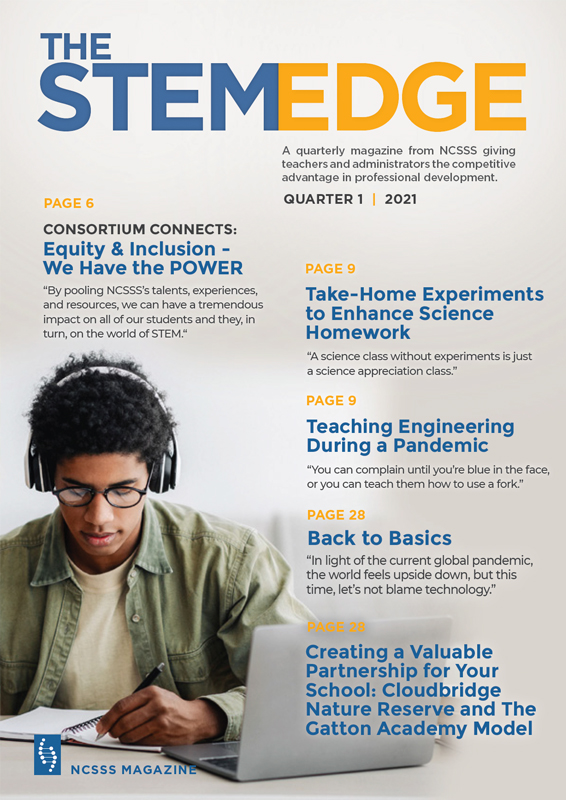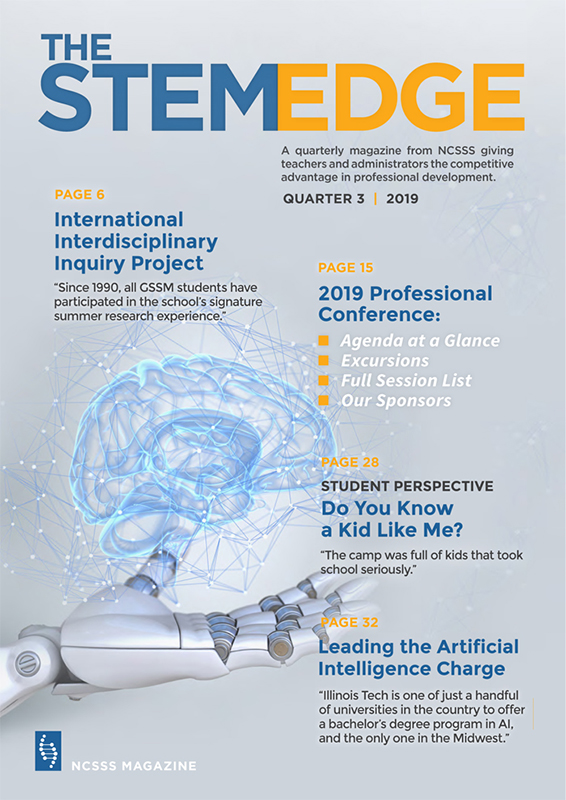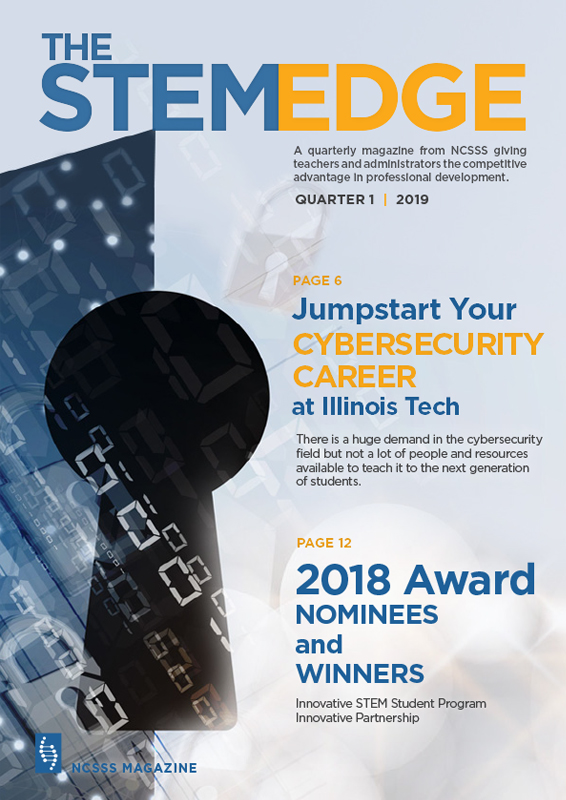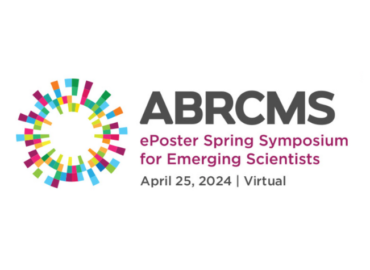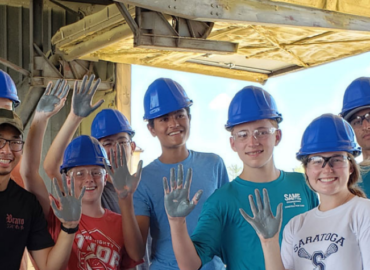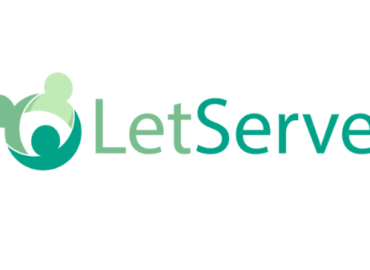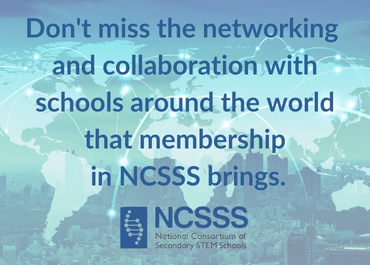
NCSSS schools give students a competitive edge
The National Consortium of Secondary STEM Schools represents many of the top-ranked programs in the U.S. and around the globe committed to transforming science, technology, engineering, and mathematics education through schoolwide initiatives that include authentic research or project-based learning. NCSSS defines STEM schools as those that prepare students to be leaders in global innovation by engaging them in rigorous, relevant, and integrated learning experiences.
percent of NCSSS member schools with 50% or greater female enrollment
students that attend NCSSS member schools
percent of NCSSS students attend 4-year colleges
The STEM Edge
What our members have to say
2021 Professional Conference Attendee
2020 Leadership Summit Attendee
2018 Professional Conference Attendee
Sponsor the 2024 Professional Conference
Promote your organization to a key group of STEM school decision-makers by choosing a package that fits your needs.
Member Resources
ABRCMS ePoster Symposium for Emerging Scientists
It is that time of year again for the ePoster Spring Symposium for Emerging Scientists hosted by ABRCMS. The event will […]
Society of American Military Engineers
The Society of American Military Engineers leads collaborative efforts to identify and resolve national security infrastructure-related challenges. Founded in 1920, […]
Summer @ Illinois Tech
Illinois Tech offers some great summer camps and special programs geared especially toward middle and high school students. Get your […]
STEM Events
Latest Blog Posts
Elevating High School Research with Data Science
This blog post was written by Gaelan Venturi, Senior Computer Science Instructor at the Governor’s School for Science and Technology. […]
Using LetServe to Improve Service Learning Programs
This blog post was written by Sue Anne Lewis, Service Learning Coordinator, NCSSM Service Learning Website. She is scheduled to […]
Playing Catch-Up for High Stakes: Recovering Students’ Lost Math Skills
This blog post was written by Mitch Frye, Academic Dean of the Alabama School of Mathematics and Science. He is […]

